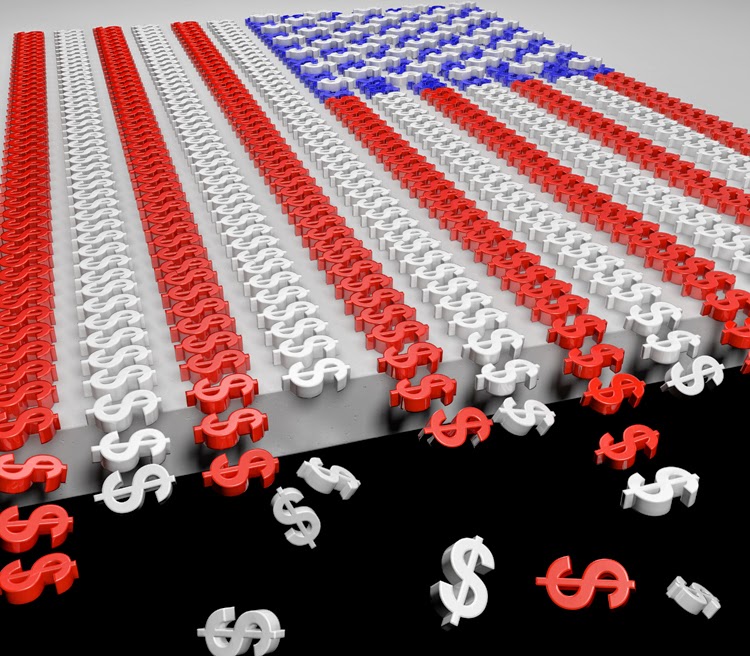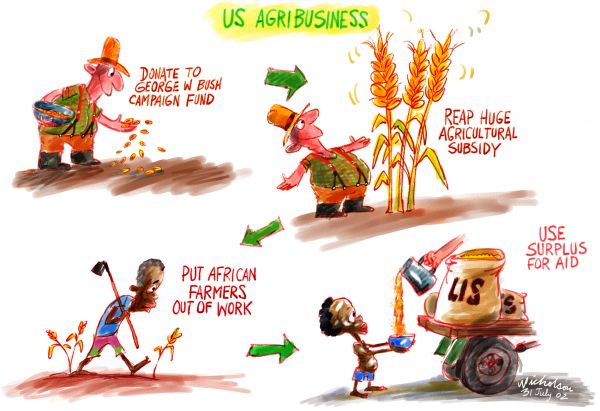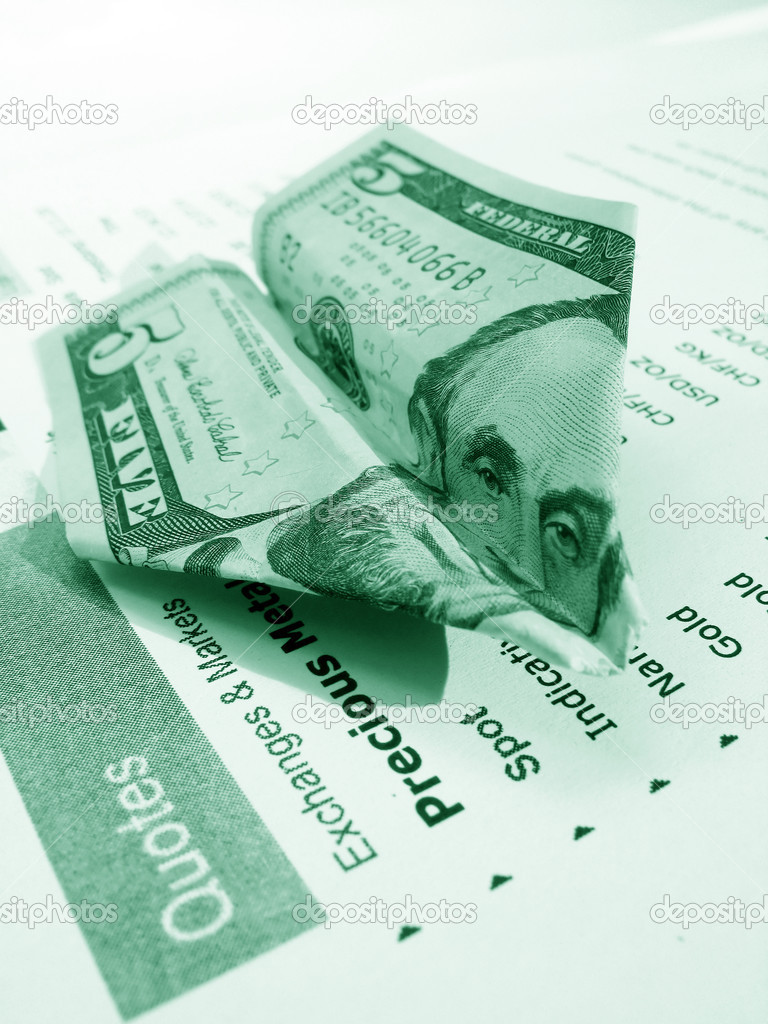The announcement today (April 29) of a barely positive GDP first quarter 2015 growth rate of 0.2 percent (two-tenths of one percent) is an intentional exaggeration. Today’s GDP report is the “advance estimate.” There will be two revisions, with the first occurring in one month on May 29. Although the “consensus estimate,” which is Wall Street’s estimate, declined dramatically over …
Agribusiness and the The Four Horsemen Of The Apocalypse. The Globalized System of War, Poverty and Food Insecurity – Colin Todhunter
US citizens constitute 5 percent of the world’s population but consume 24 percent of global energy. On average, one person in the US consumes as much energy as two Japanese, six Mexicans, 13 Chinese, 31 Indians, 128 Bangladeshis, 307 Tanzanians and 370 Ethiopians. The US is able to consume at such a level because the dollar serves as the world reserve currency. …
The US Boom That Never Was – DEAN BAKER
The Labor Department reported the U.S. economy created 126,000 jobs in March. This was a sharp slowdown from the 290,000 average over the prior three months. This relatively weak jobs report led many economic analysts to comment that the economy may not be as strong as they had believed. This reassessment is welcome, but it really raises the question of …
The Federal Reserve’s “Financial Airplane”. The Fed’s Economic “Assumptions”, “Falsified Data to Portray Growth”
After last week’s air tragedy, maybe a poor thought process but please stay with me. Would you ever get on an airplane if there was no pilot? Would you be confident of reaching your destination safely? Of course not. Whether you know it or not, you are living in an economic and financial “airplane” with Chairwoman of the Federal Reserve Janet Yellen …
New evidence that increasing economic inequality rises out of political partisanship
Political scientists at the University at Buffalo and Pennsylvania State University have published new research investigating how partisan differences in macroeconomic policy have contributed to substantial and rising economic inequality in the United States. The negative consequences of such policy decisions, researchers found, have a greater impact on people at the lower end of the economic spectrum, but are “significantly …
Peak Meaninglessness
Last week’s discussion of externalities—costs of doing business that get dumped onto the economy, the community, or the environment, so that those doing the dumping can make a bigger profit—is, I’m glad to say, not the first time this issue has been raised recently. The long silence that closed around such things three decades ago is finally cracking; they’re being mentioned …



